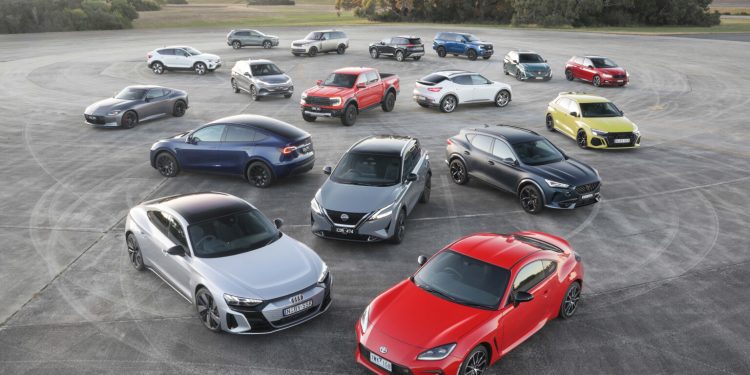New Car Sales in Australia Wilt Ahead of Emissions Changes
Words NZ Autocar | Images WhichCar, NZ Autocar
In contrast to a 14 per cent fall in new car registrations for New Zealand last year, Australia set a new record for vehicle sales. However, celebrations were subdued as the industry and consumers face headwinds in 2025 caused by economic and political challenges.
The first half of the year saw sales boom in Australia but things wilted towards the end. There were five months of decline in the second half of 2024. However, December sales were up slightly versus the same period in 2023.
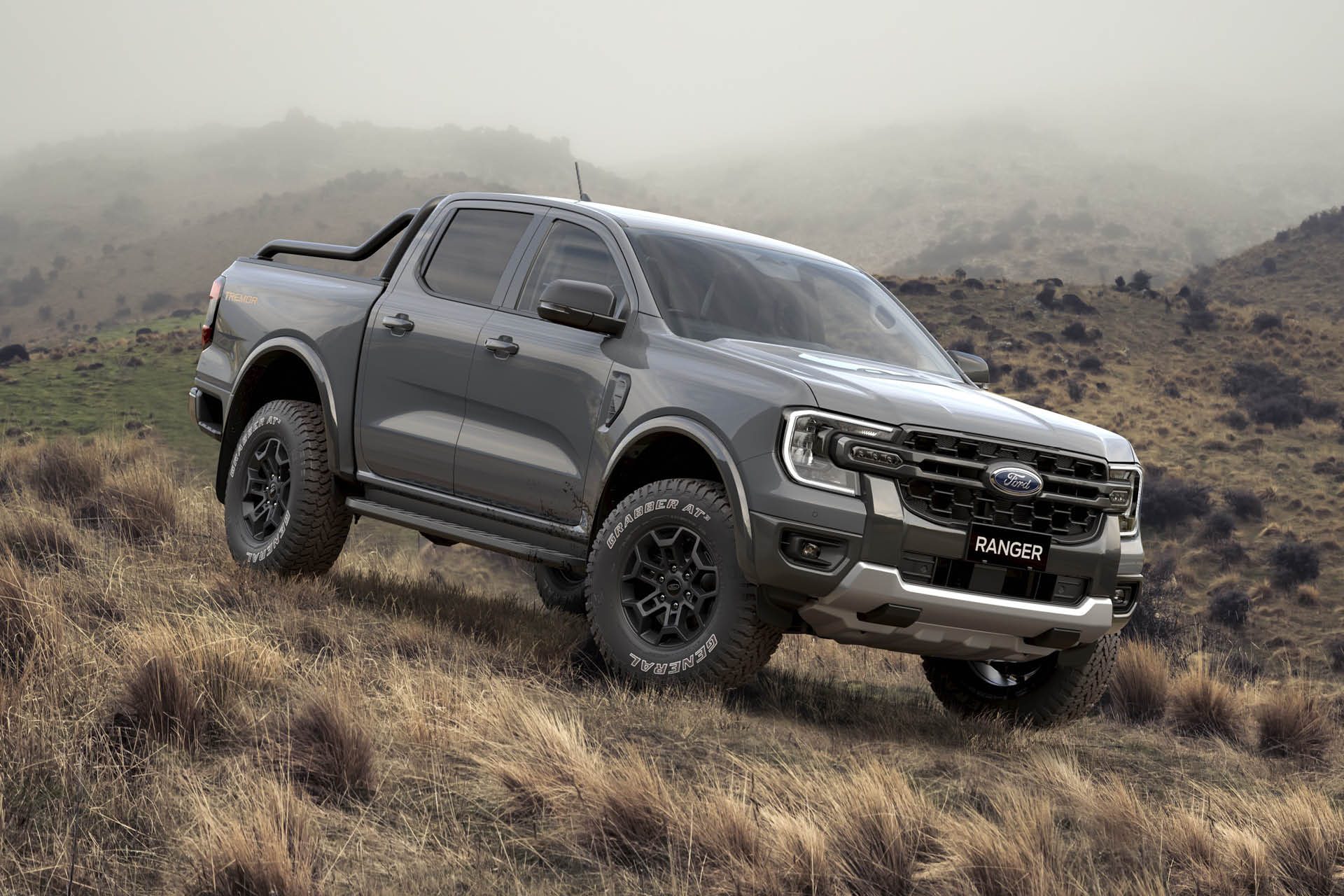
Total sales of 1,237,287 new vehicles for 2024 was an increase of 1.7 per cent on 2023. The top sellers were Ford Ranger, followed by RAV4 and Hilux, just like here.
The Federal Chamber of Automotive Industries (FCAI) Chief Executive, Tony Weber, said that sales in H2 were off because of private sector buyers staying on the sidelines. Sales fell as interest rates and general cost of living pressures impacted Australian families.
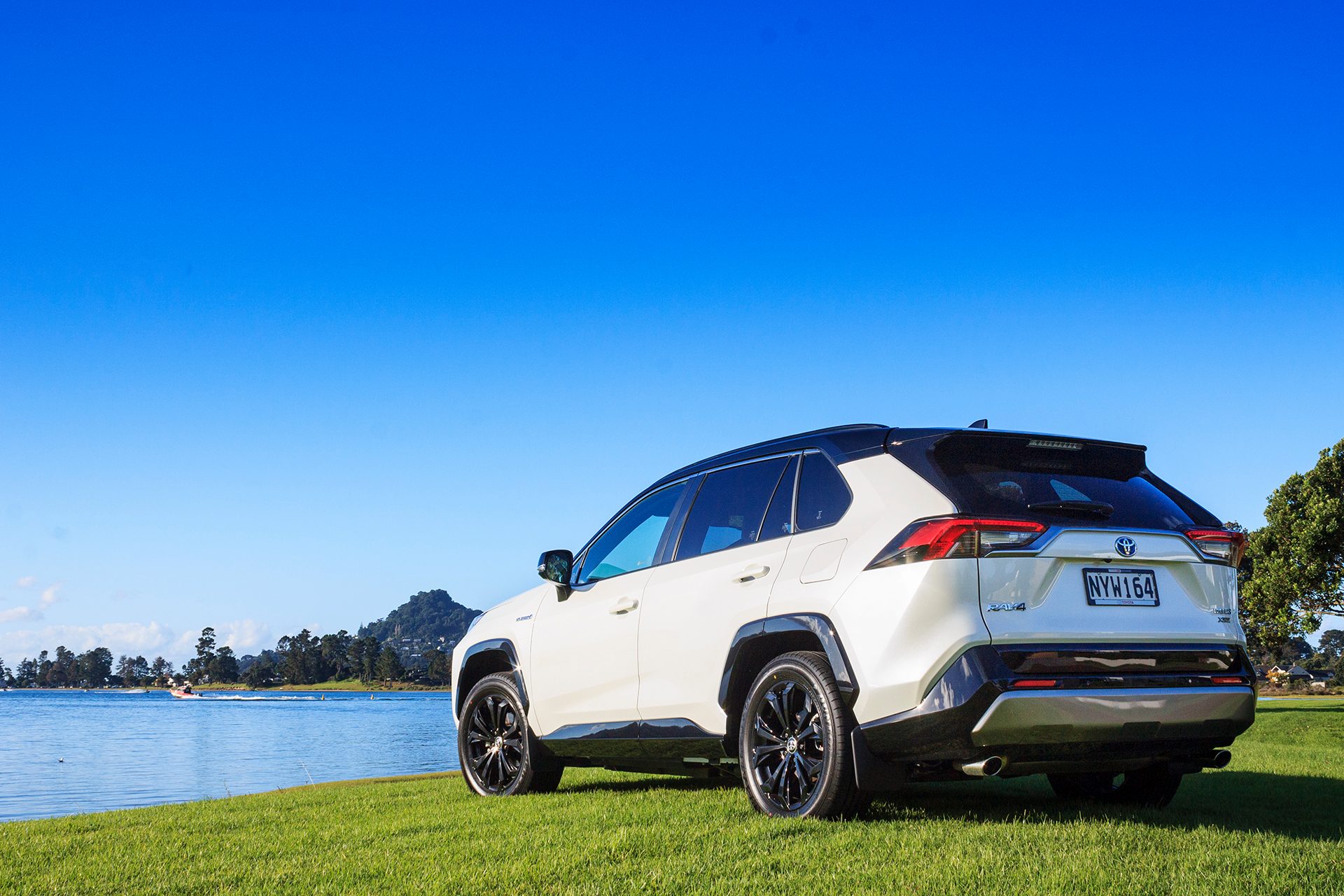
He added that “Customers are also increasingly making choices regarding environmental outcomes and the associated total cost of ownership of moving to low emissions technologies.”
While sales of BEVs in Australia are lower than expected, they are offset in part by an increasing number of buyers turning to hybrid and plug-in hybrid models. They comprised 14.1 per cent and 1.9 per cent of the total market, respectively.
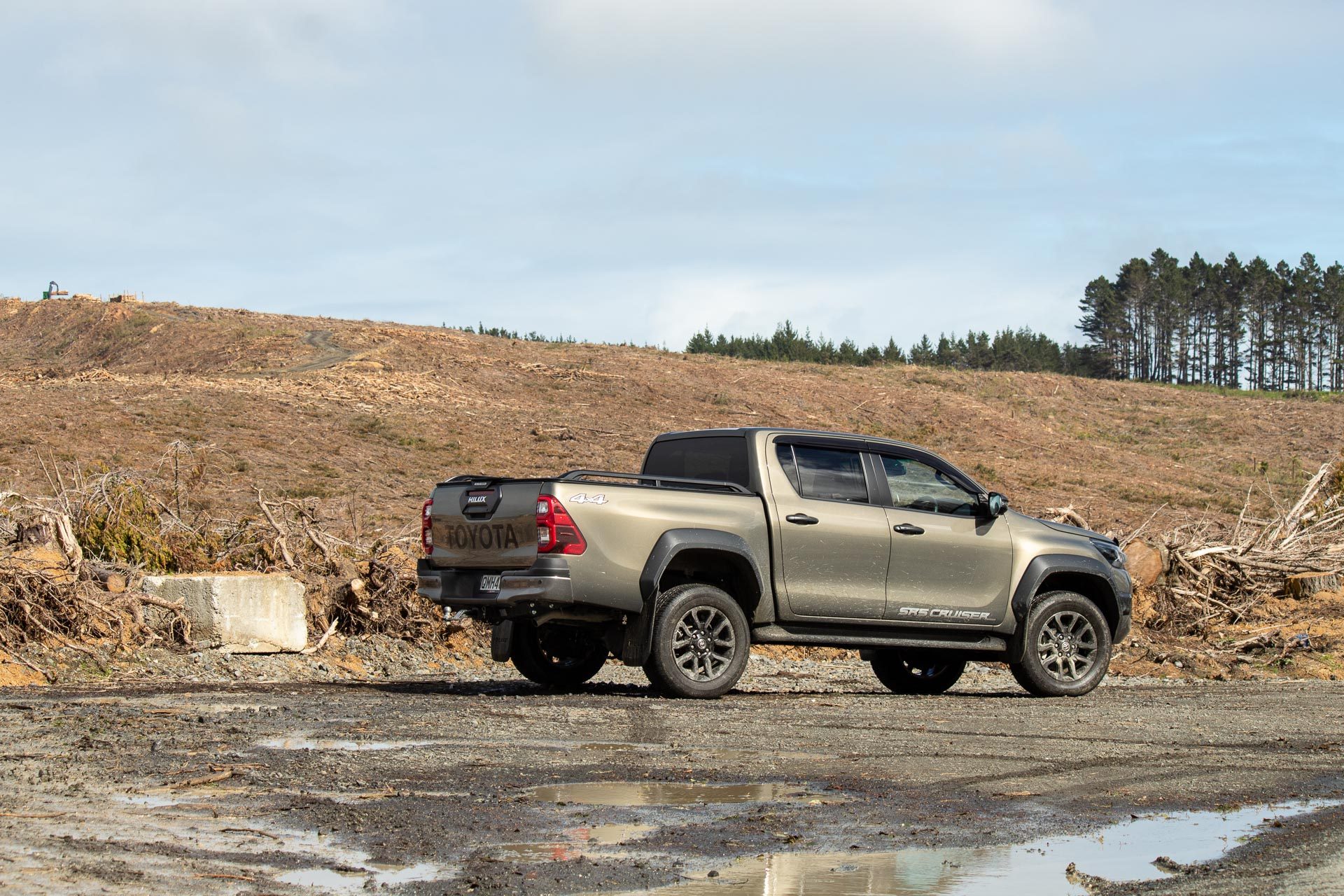
“While overall consumer preferences remain clear with SUVs and Light Commercial vehicles continuing to dominate the market and especially the top ten sales, many vehicles in these segments are either difficult or expensive to decarbonise.
“This will prove to be a significant challenge in meeting the extremely ambitious targets of the New Vehicle Efficiency Standard (NVES) which began on 1 January 2025.
“The industry is responding to NVES by increasing the range of zero-and low-emission vehicles on offer. However, a continuation of current customer buying preferences will inevitably lead to the accrual of substantial penalties under the Government’s new scheme, which will create price inflation within the new vehicle market.”
“Governments around the world have set regulations that are ahead of available zero emissions technologies and this is impacting both car makers and consumers.
“Manufacturers in the UK, Europe and the USA are under pressure because they have made huge investments to manufacture EVs. But customers are not buying them in the numbers needed to meet emission targets and to provide a return on investment,” he said.
“In Australia, ideally, we will continue to see governments invest in EV recharging infrastructure across the country. The Commonwealth Government should apply revenue raised through NVES penalties to recharging infrastructure.
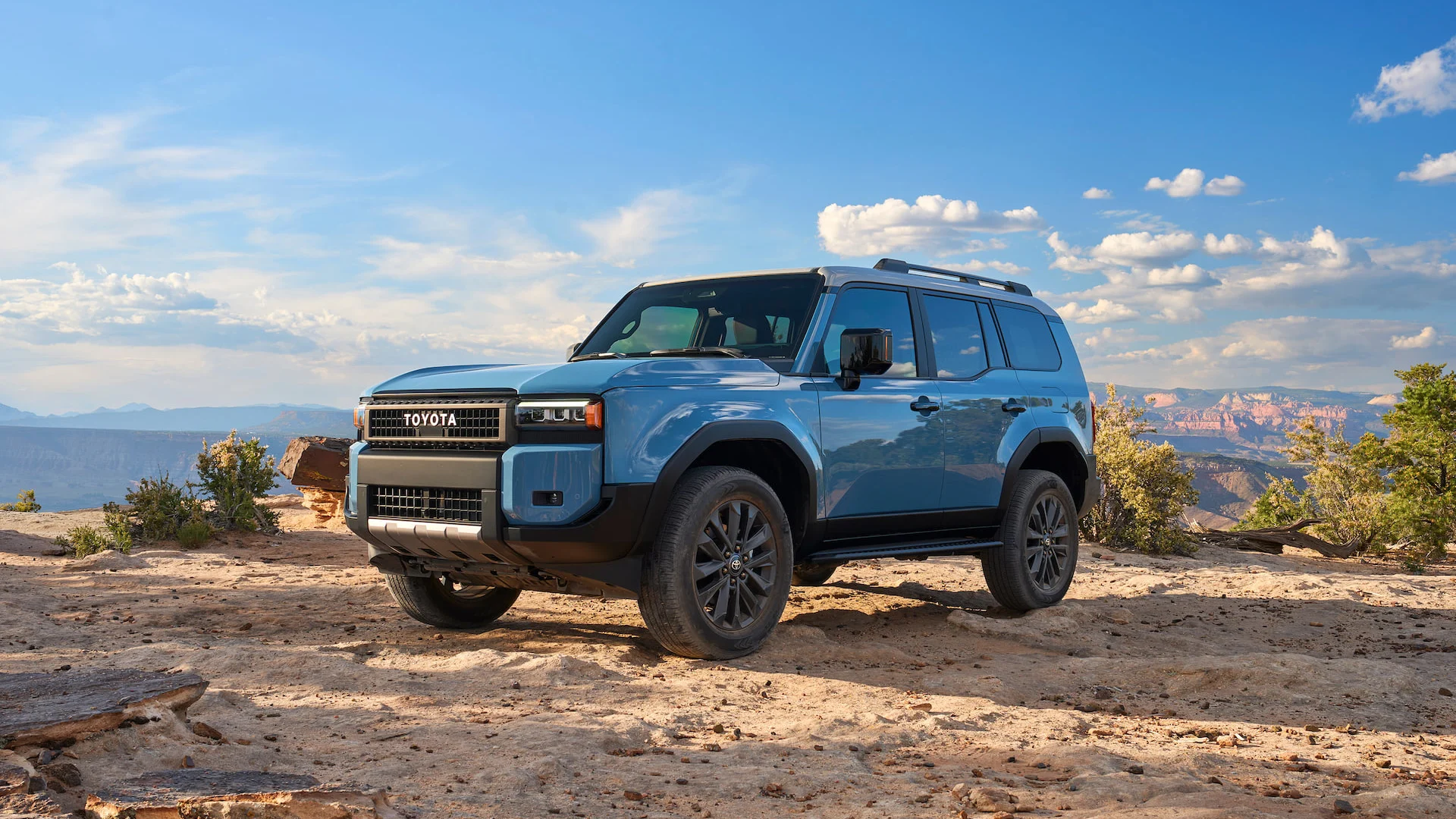
For the calendar year 2024, Toyota was the biggest selling brand with sales of 241,296 and 19.8 per cent market share. It was followed by Ford (100,170/8.2 per cent), Mazda (95,987/7.9 per cent), Kia (81,787/6.7 per cent) and Mitsubishi (74,587/6.1 per cent).


